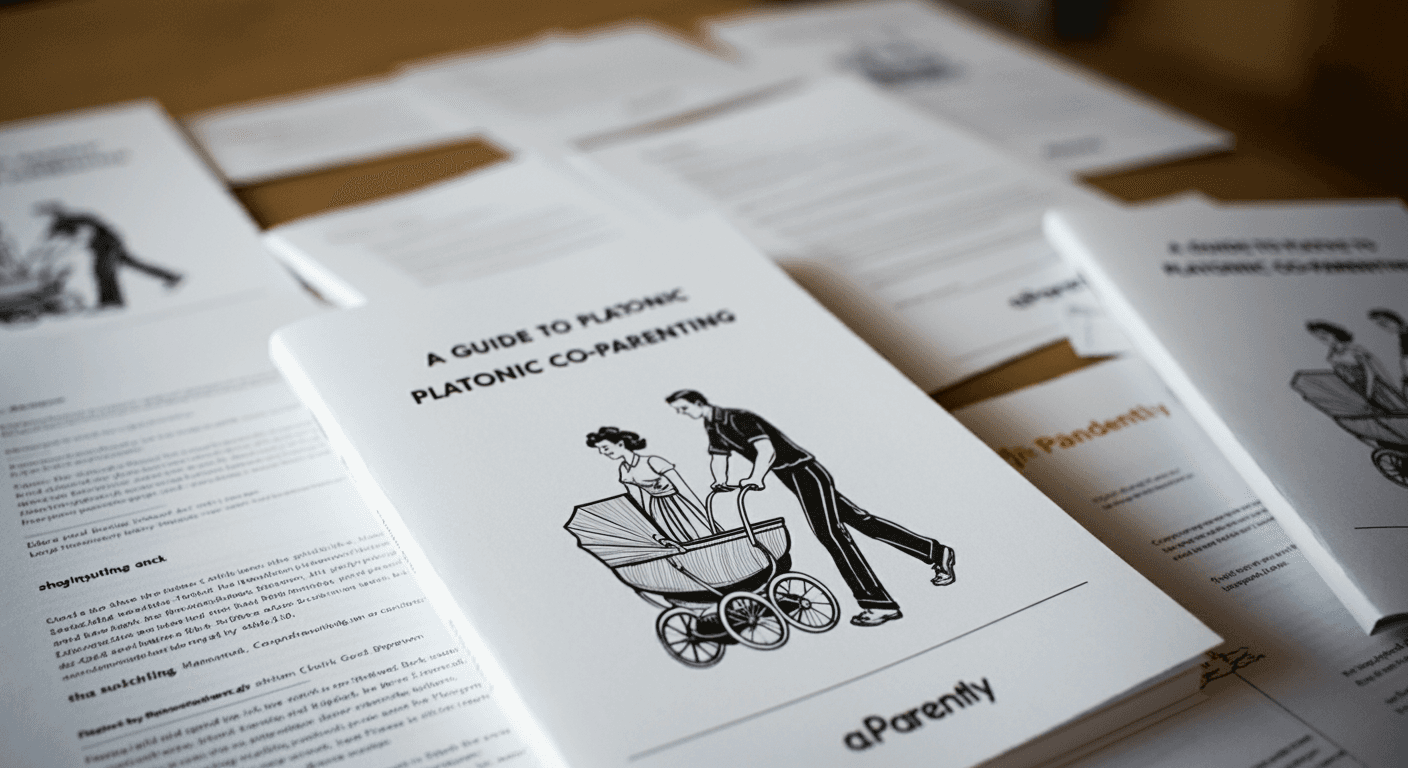
Co-parenting agreements are essential for individuals or couples who choose to raise a child together without a romantic relationship. While these agreements provide a crucial framework for defining roles, responsibilities, and expectations, it is important to remember that life circumstances may change over time. A co-parenting journey is dynamic, and the agreement must balance structure with flexibility. This document should serve as both a fixed reference and a living, adjustable guide that evolves with the needs of the child and the co-parents.
It is important to note that a co-parenting agreement may not be legally binding in certain countries, like Denmark. However, having this framework in place can help minimize conflicts and ensure a stable environment for the child. If disputes arise regarding your child that you are unable to resolve yourselves, it will be the family courts in your country (and possibly state) that will resolve the matter according to the current family law.
1. Importance of a Co-Parenting Agreement
Co-parenting agreements serve as an important tool to:
Establish clear parenting expectations and roles.
Set guidelines to avoid future conflicts.
Provide a reference for mutual understanding in case of disputes.
Set an intention for protecting the social or non-legal parents involved in the child’s upbringing.
2. Components of a Co-Parenting Agreement
Even if not legally binding, a well-structured co-parenting agreement should include:
Custody and Living Arrangements
Define where the child will live and how time will be shared between parents.
Decision-Making Rights
Clarify decision-making authority regarding the child’s education, healthcare, religion, etc.
Financial Contributions
Outline each parent's financial obligations, including child-related expenses.
Parenting Schedule and Time-sharing
Detail a parenting schedule, including weekends, holidays, and vacations. Consider what this may look like when your child is an infant, toddler, child and teenager. Your child’s developmental needs will change over time, and this should be reflected in your Co-Parenting Agreement.
Dispute Resolution
Establish a process for resolving disputes. We recommend beginning platonic co-parenting counselling with an experienced psychologist before pregnancy and childbirth, creating a safe space for open and honest dialogue before any conflicts arise. Since disputes are inevitable, it's essential to have tools in place to effectively manage them. If you are based in Denmark, we’d recommend that you book an appointment with Aftalt Forældreskab once you have found a match you are planning to co-parent with.
Emergency Situations
Define how emergency decisions will be made and who will take primary responsibility.
Relocation of a Parent
Address what happens if one parent relocates, including notification requirements and impacts on the co-parenting arrangement.
Modifications and Review
Include provisions for revisiting the agreement based on changing circumstances.
3. Practical Considerations for Successful Co-Parenting
Open Communication: Regular and respectful communication is key to successful co-parenting. You may choose to schedule regular meetings, such as every two weeks, or adjust the frequency based on what works best for your communication style.
Parenting Styles: Align on key parenting values to avoid conflict.
Flexibility and Cooperation: Be open to changes as the child grows and circumstances shift. Discuss what to do if you child becomes ill temporarily or long term. How will you cope and and will one of you be the primary career in that situation ?
Boundaries: Agree on boundaries regarding new partners and their involvement with the child.
4. Legal Limitations and Services
In Denmark, co-parenting agreements are not legally binding. However, they can help co-parents align on expectations. Do seek legal advise where you are based.
Consult a Lawyer or Solicitor: A local legal expert can provide clarity on the rules and regulations in your region. They can also advise you on how to best structure your agreement to reflect both your intentions and the legal framework in your country.
5. Next Steps: How to Get Started
Research Local Laws
Understand the legal limitations of platonic co-parenting agreements in your country by consulting a local lawyer.
Draft Your Agreement
Use the components outlined above to draft a personal agreement that reflects your intentions.
Legal Review
Even if not enforceable, have your agreement reviewed by a legal professional to ensure it aligns with local family law principles.
Download a Co-Parenting Agreement Template here.
A Co-Parenting Agreement helps set clear expectations and reduce conflict. In Denmark, it's not legally binding, so check your local laws. We recommend consulting a lawyer and seeking help from psychologists early in your co-parenting journey to assess your dynamics before any disputes arise, ensuring a strong foundation for communication and conflict resolution once your baby is born.
For psychologists specializing in Platonic Co-parent relationships in Denmark, please contact Aftalt Forældreskab
For solicitors specializing in Platonic Co-parent relationships in Denmark, please contact Bredgade Advokater.
For legal enquires related to LGBT+ family constellations in Denmark, please contact LGBT+.
